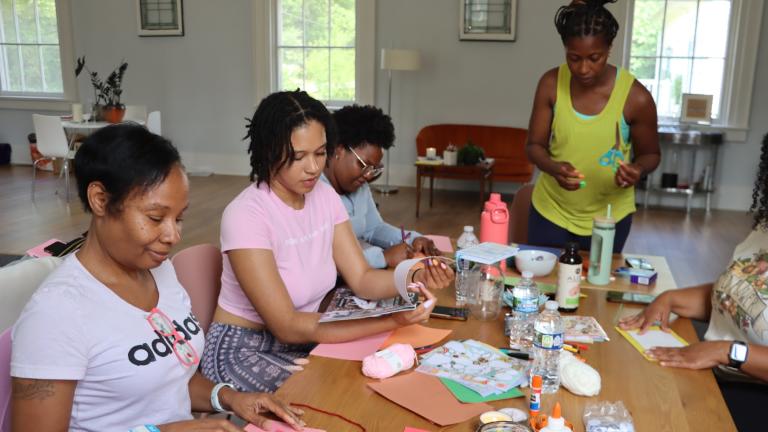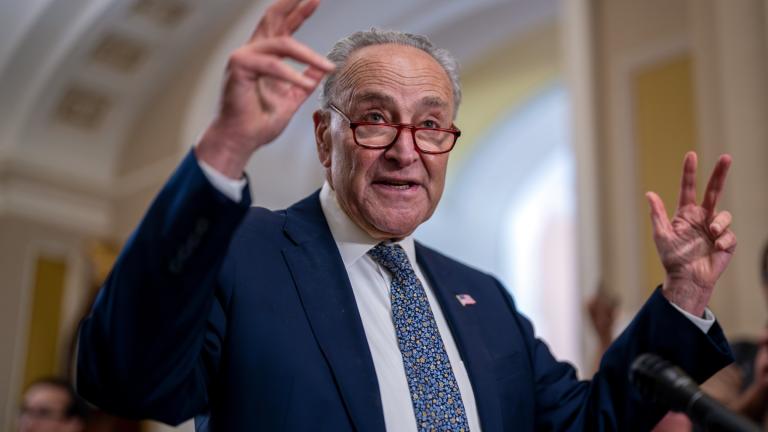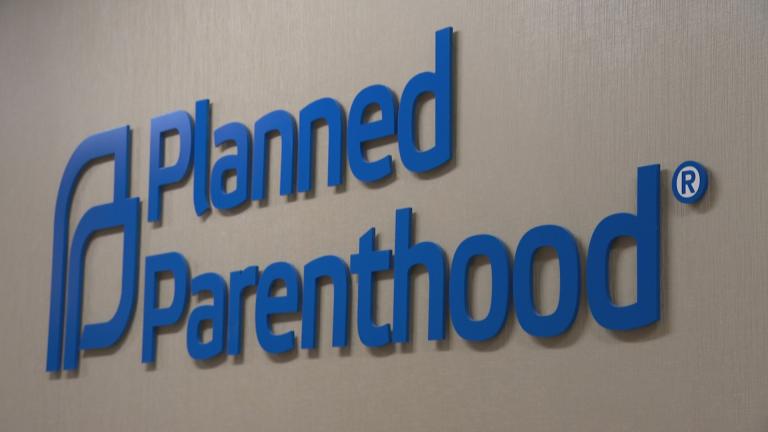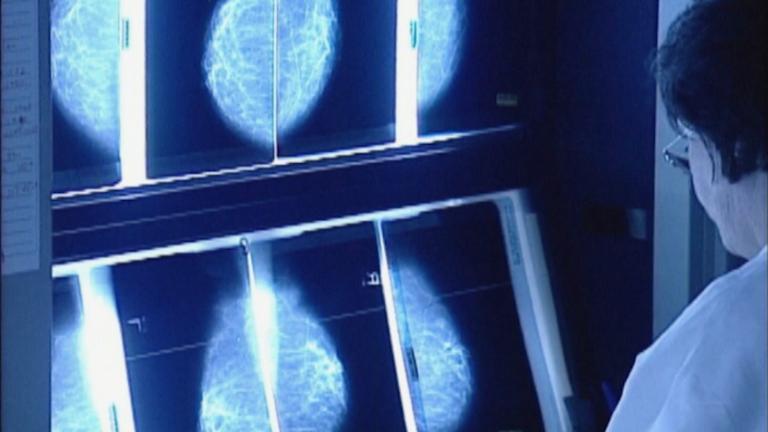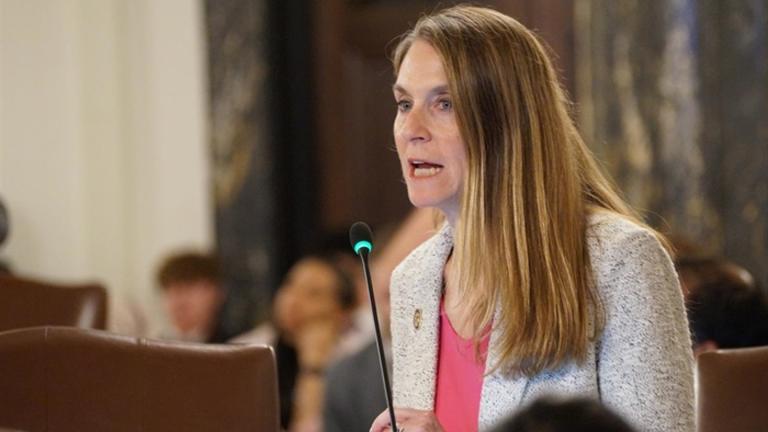It’ll be easier to access birth control in Illinois, courtesy of a new law that allows pharmacists to dispense hormonal contraception without a doctor’s prescription.
It’s not the same as over-the-counter.
The law (HB135/Public Act 102-0103) requires a trained pharmacist to have an agreement with a physician for oversight.
The patient must undergo an evaluation with the pharmacist, which includes a self-screening risk assessment and “counseling and education about all methods of contraception … and their proper use and effectiveness.”
“Birth control is basic health care,” said Katie Thiede, co-founder and director of Illinois Contraceptive Access Now or ICAN. “There’s this great demand and yet just 20% of the need for contraceptive services among young women and women with fewer resources is met by publicly funded providers. One in three women has struggled to access birth control during the pandemic, due to health centers’ limited telehealth infrastructure. For Black and Hispanic women in particular, distrust of the health care system due to experiences of discrimination, racism and or contraceptive coercion, remain a barrier to care.”
According to ICAN, “800,000 Illinois women age 15-44 with fewer resources” live in counties without health centers that offer the “full range of contraceptive methods.”
Accessing a doctor may be financially, practically or physically difficult for some. But according to the Illinois Pharmacists Association, most Illinois residents live within a five-mile range of a pharmacist.
In recent years, Illinois has expanded the services pharmacists are able to provide, lowering the age pharmacists can deliver certain vaccines. During the pandemic, some have administered monoclonal antibody treatments.
“COVID has definitely helped the country see that pharmacists are a point of access for medical services as well for some – I won’t say all, we’re not a doctor, we never will be a physician. But we can help with alleviating a lot of the ancillary patient care services,” said head of the Illinois Pharmacists Association Garth Reynolds. “We have more services to provide, we have patients who have greater needs, and we have patients who have greater needs in areas where they may not be able to access other health care providers, and this is where we can really help.”
ICAN’s other founder, certified nurse midwife Kai Tao, said birth control patient consultations with pharmacists can serve as an entry to other health concerns, be it sexually transmitted infections or underlying conditions.
“(Pharmacists) will also be required to get a medical history, to confirm that they’re not pregnant, and provide referrals,” Tao said. “One other piece the pharmacist will be doing is giving a blood pressure reading, too. So it is a great way for a pharmacist to say, ‘actually, your blood pressure is sky high today, I am concerned, let’s make sure you get to a primary care provider.’”
Tao also easier access to hormonal birth control can serve as a bridge for someone waiting to see a doctor for other methods of contraception.
“Maybe someone says ‘my partner’s getting a vasectomy, but in the meantime, for the next six months, can I try something?’ so that’s what we mean by bridge method,” Tao said.
But director of the American Life League, Jim Sedlak, said pharmacists don’t have time to do the thorough consultation that physicians would during an appointment.
“It’s a disservice to the women who are looking to get the hormonal birth control because there are so many dangerous things about the hormonal birth control. And when you go into a doctor’s office and you ask the doctor about it, they generally have the time to talk to you and to explain the problem, to explain the fact that the hormonal birth control causes deep vein thrombosis, blood clots that could cause heart attacks or brain aneurysms, or pulmonary embolisms.”
Sedlak, who fought another new Illinois law that rescinds a requirement that minors’ parents be notified before they can have an abortion, is also concerned that Illinois’ new law sets no minimum age for bypassing a doctor to access birth control.
He said teens’ brains aren’t fully developed, meaning they lack the cognitive judgment to recognize long-term impacts of their decisions.
“A 13-year-old girl, a 12-year-old girl, can go into a pharmacist and say ‘I want the birth control’ and can get the prescription if they fill out the paperwork,” he said. “And unfortunately they’re not adults yet and they can’t make the decisions the way that they should be making the decisions.”
Birth control is safe, Tao said.
“Usually, it’s a progesterone and an estrogen, and in general, there is a lot of discussion, even globally about this campaign called Free the Pill. That campaign is really about, why can’t birth control – like in many other countries, you may see it truly over the counter,” Tao said. “There’s a lot of arguments, when you think about something like acetaminophen, like a Tylenol, is that more dangerous than if someone took the pill inadvertently, right. And so in general we say birth control is very safe, and other states have shown this and globally we’ve seen other data around that.”
Some 17 states already have similar laws on the books.
Even though Illinois’ law took effect January 2022, it will take time before it’s implemented, for training, as Illinois seeks federal approval for extending the change to Medicaid recipients and as already understaffed pharmacies prepare and decide how to handle the volume,
It’s expected those with government-backed health coverage will be able to take advantage of the change within months.
Private insurers have until 2023 to cover pharmacist-direct-dispensed birth control.
Follow Amanda Vinicky on Twitter: @AmandaVinicky

